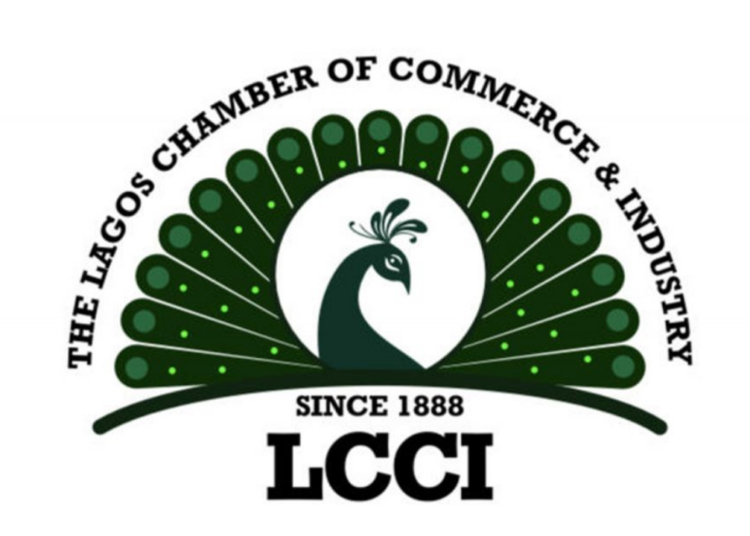The Lagos Chamber of Commerce and Industry (LCCI) has called on the monetary and fiscal authorities to focus on the factors driving inflation rates by tackling the supply-side deficiencies instead of focusing too much attention on the demand-side management.
The director-general of LCCI, Dr. Chinyere Almona stated this in a release to LEADERSHIP. She acknowledged the recent decision of the Central Bank of Nigeria(CBN) to raise the benchmark lending rate by 400 basis points to 22.75 per cent, in what has been described as an aggressive regulatory intervention.
According to her, the move comes at a crucial time for the Nigerian economy, facing challenges such as elevated inflation, commodity price hikes, the FOREX crisis, and rising cost of production.
“While the CBN intends to control inflation, the LCCI notes that the decision, particularly the fifth consecutive hike, raises concerns about its effectiveness in tackling the rising food inflation and the likely impact on businesses and economic growth,” she added.
The CBN has increased the Monetary Policy Rate (MPR) from 18.75 per cent to 22.75 per cent, signalling a significant shift in monetary policy.
She urged the CBN to continue with its FOREX market reforms to a conclusive end, as the high exchange rate against the naira is a major culprit in the skyrocketing inflation rates.
“On the fiscal side, the government needs to subsidise some productive sectors like agriculture, transport, and healthcare while keeping a stern eye on enhancing the country’s security profile. Other areas of intervention could be the adoption of a cheaper duty rate for the importation of agricultural inputs for local manufacturing and investment in building agro-industrial hubs across the country,” she said.
Also, the CEO of Centre for the Promotion of Private Enterprise (CPPE), Dr. Muda Yusuf stated that the outcome of the MPC’s meeting would hurt the real sector of the economy which is already contending with numerous macroeconomic challenges.
He noted that the increase of MPR from 18.75 per cent to 22.5 per cent; and CRR from 32.5 per cent to 45 per cent pose a major risk to the financial intermediation role of banks in the Nigerian economy, saying that the increase would constrain the capacity of banks to support economic growth and investment, especially in the real sector of the economy because the increases are quite significant.
Yusuf explained that “already, bank lending has been constrained by the high CRR which was until the latest review, 32.5 per cent (many operators in the sector claim that effective CRR is as high as 50 per cent for many banks), the discretionary debits by the apex bank.
“The credit situation in the economy is already very tight, with lending rates ranging between 25 per cent to 30 per cent. The Nigerian banks are yet to live up to their financial intermediation role because of these constraining factors.”
To reverse the spiralling inflation, CPPE urged the government to address security concerns causing disruption to agricultural activities; sustaining reforms in the foreign exchange market; address forex liquidity issues; fix the structural problems to boost productivity and competitiveness of domestic firms; among others.





